 MONTGOMERY COUNTY PUBLIC SCHOOLS
MONTGOMERY COUNTY PUBLIC SCHOOLS
 MONTGOMERY COUNTY PUBLIC SCHOOLS
MONTGOMERY COUNTY PUBLIC SCHOOLS
The Pathway to College, Career and Community Readiness helps identify students’ strengths and areas of improvement to ensure each student receives the support they need.
Here’s how it works:
Please click on the links below to learn about the milestones for each grade level.
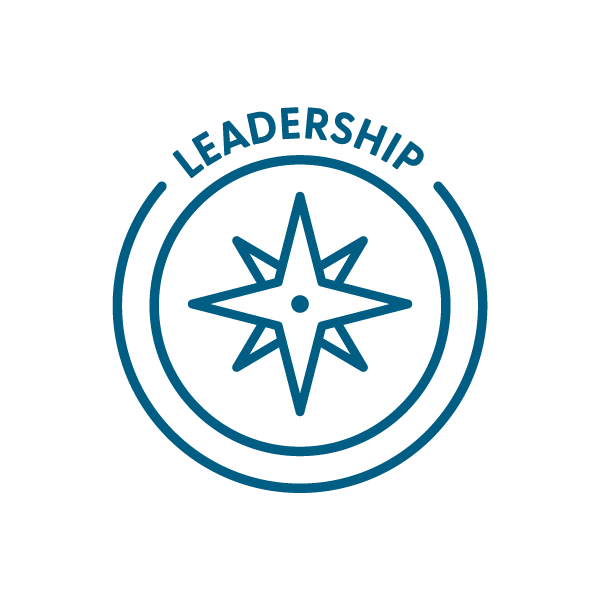
Leverage the strengths of others to achieve common goals, and use interpersonal skills to coach and develop others. Assess and manage one’s own emotions and those of others; use empathy to guide and motivate. Take initiative to organize, prioritize, and delegate work.
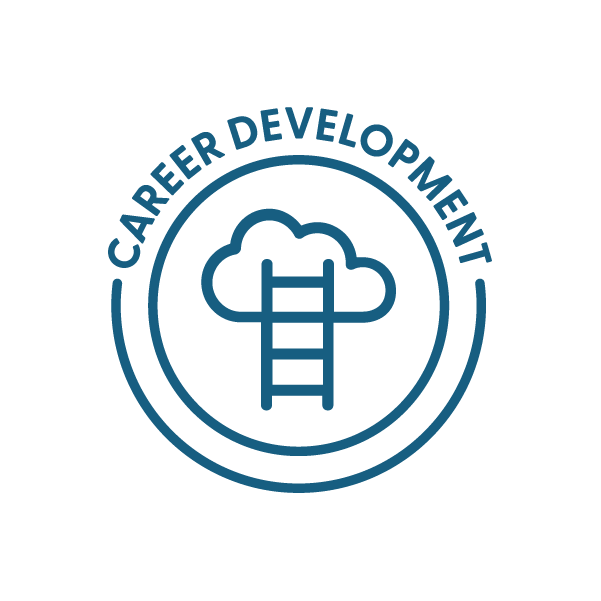
Identify and articulate transferable skills, strengths, knowledge, and experiences relevant to desired career goals. Seek to continually add knowledge and skills required for progression along a career pathway. Explore and navigate steps necessary to pursue professional opportunities which match personal values and implement strategies for self-advocacy in the workplace.
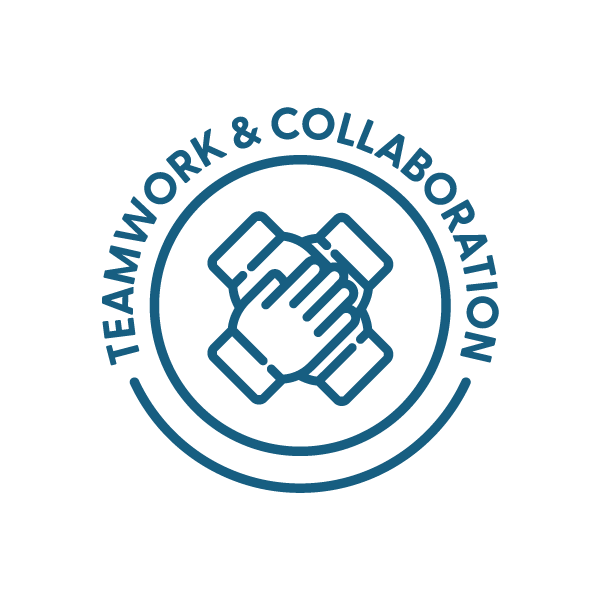
Build collaborative relationships and maximize strengths across diverse teams. Navigate group dynamics and manage conflict to achieve common goals. Negotiate solutions to meet the varied needs of professional stakeholders.
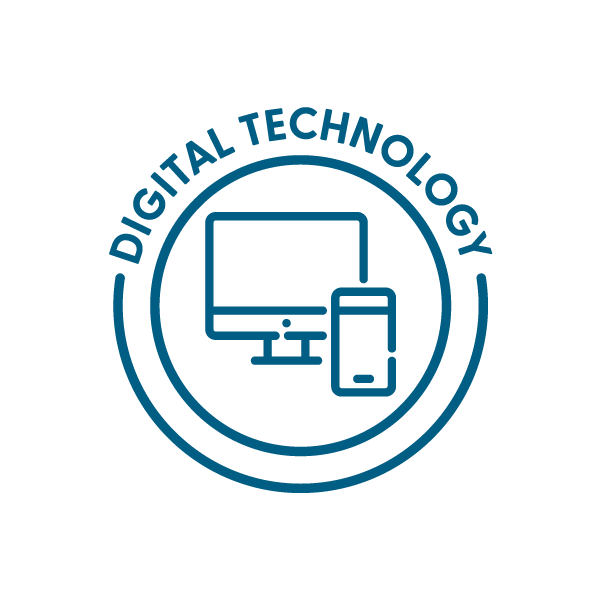
Demonstrate general proficiency in commonly used technology tools and applications to ethically solve problems. Engage in continual learning of emerging technologies to maintain adaptability. Employ innovative use of technology tools to enhance professional and organizational success.
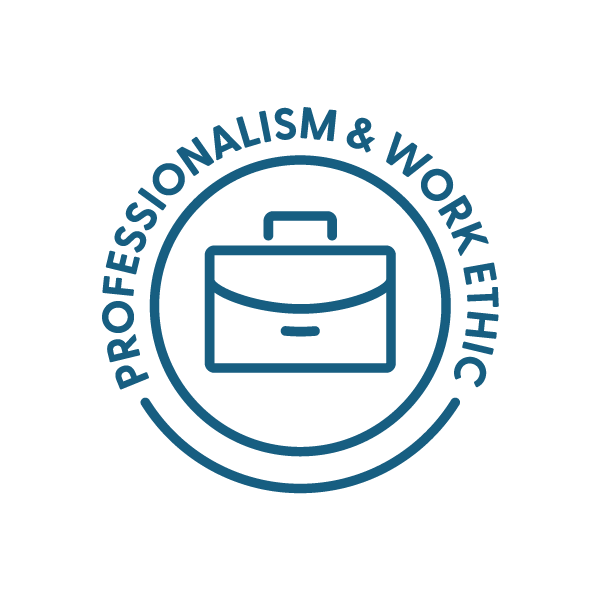
Demonstrate initiative, personal accountability, effective workload management, and efficient use of time. Exercise integrity and ethical behavior in the workplace. Develop an exemplary professional reputation and the ability to adapt to organizational culture and conduct expectations in varied work settings.
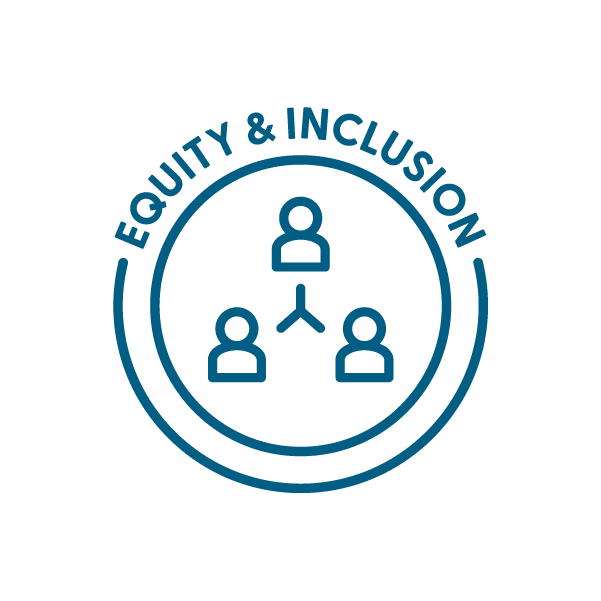
Value, respect, and learn from individuals with diverse identities and backgrounds. Demonstrate openness, inclusiveness, and sensitivity with all people. Continually seek deeper knowledge and understanding of varied cultures in order to skillfully navigate a local, national, and global landscape. Engage in anti-racist practices that actively challenge individual and systemic racism, inequities, and personal biases.
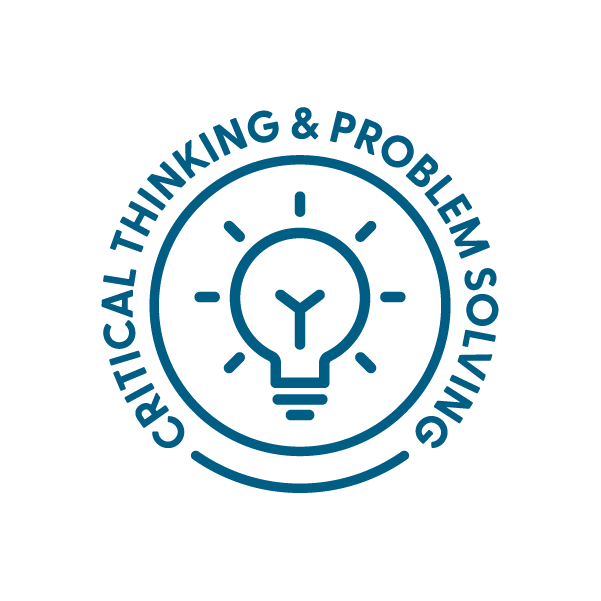
Exercise sound reasoning and analytical thinking. Use knowledge, facts, and data to solve problems and make decisions. Strategically demonstrate innovation, creativity, and inventiveness to achieve outcomes.
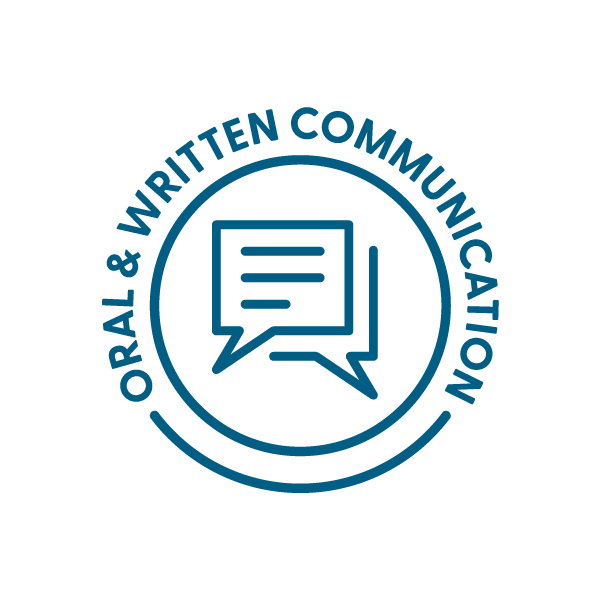
Utilize effective communication strategies to convey information to a target audience. Employ a variety of writing styles and formats to articulate ideas and messages in a clear, compelling, and sensitive manner when speaking publicly or engaging in professional interactions.
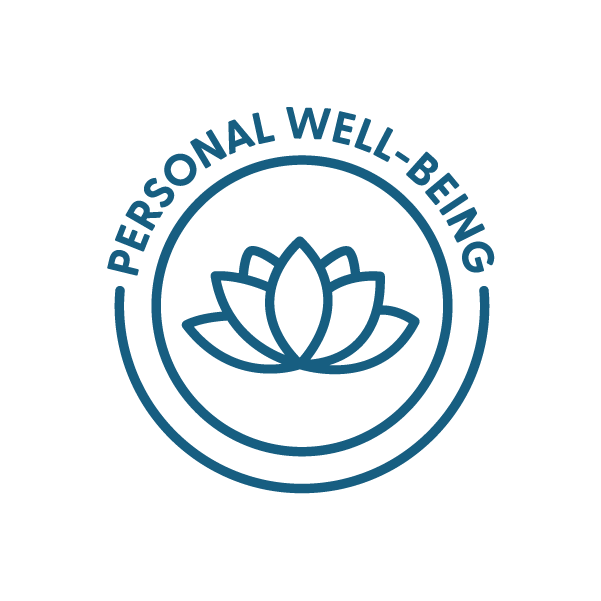
Enhance self-awareness by developing a better understanding of personal motivations, emotions, and behaviors. Engage in the continual enhancement of one's physical, mental, and emotional health. Cultivate and foster habits of well-being to increase focus, productivity, and impact.